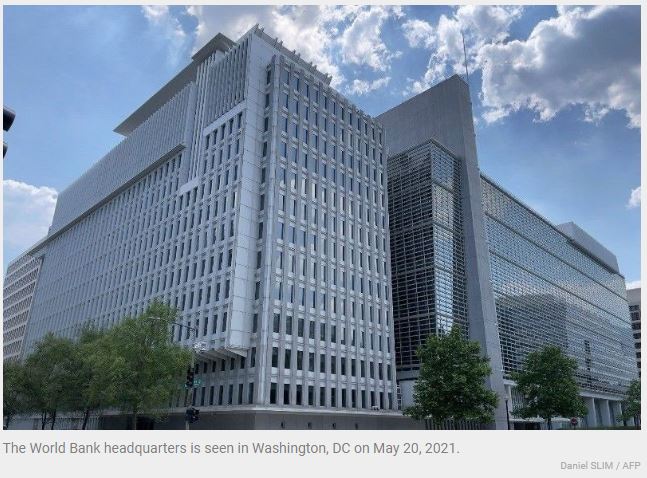Philippines debt level still manageable – World Bank
MANILA, Philippines — The country’s debt level remains manageable, but the government must pursue a fiscal consolidation plan to avoid a further dent on economic growth, the World Bank said.
In a briefing yesterday, World Bank Philippines senior economist Kevin Chua said a fiscal consolidation program would promote macroeconomic stability and support long-term economic growth.
The outgoing government has proposed a fiscal consolidation plan wherein Filipinos will have to brace for additional taxes and reduced exemptions in order to pay off record-high debt.
While such a plan will be for the incoming administration’s approval, the Department of Finance said a three-tranche reform program is needed to bring in revenue and trim debt.
The national debt has ballooned to another record-high of P12.76 trillion as of April.
“We think the debt is still manageable. But would it be a drag to growth? Yes, and this is the reason why we are recommending fiscal consolidation,” Chua said.
“The way to address this high debt is, one, higher economic growth and, number two, the pursuit of fiscal consolidation,” he said.
The World Bank economist said the country’s debt problem is also a problem in many economies due to the pandemic.
While increasing the pace of economic growth will help in lowering the debt ratio, Chua said a fiscal consolidation would help return the debt ratio back to pre-pandemic levels.
“Most of our debts are long-term, domestic and peso-denominated. And we are very much open to capital markets and have strong engagement with multilateral institutions that could help in financing,” Chua said.
“There’s still this comfort level when it comes to debt. But then we still recommend high growth and fiscal consolidation,” he said.
Chua said that by pursuing fiscal consolidation, public revenue would grow faster than public expenditures in the coming years.
He said this can be achieved by improving revenue collection through digitization efforts, making it easier for businesses and individuals to pay, and making spending more efficient to avoid leakages and wastage.
“A third option would be to increase the value for money in public procurements. There are many ways to do fiscal consolidation and improving tax administration would be one key pillar,” Chua said.
The DOF has proposed that President-elect Ferdinand Marcos Jr. can repeal exemptions on VAT, retaining the coverage to a few purchases only, including agricultural, food, and medical products.
As part of its proposal, the DOF said the next government can introduce reforms on health taxes as a way to levy alcopops, cigarettes, e-cigarettes, non-nutritious foods and sugary drinks.
Excise taxes on cigarettes and e-cigarettes are also eyed to be increased, while a unitary rate of P12 per liter on sugar-sweetened beverages will be placed. For the last tranche, the Marcos administration is encouraged to enforce a tax on carbon emissions.
Source: https://www.philstar.com/business/2022/06/09/2187005/philippines-debt-level-still-manageable-world-bank


 Thailand
Thailand




